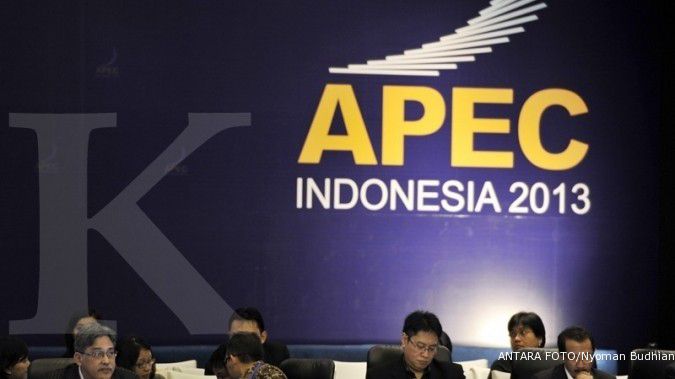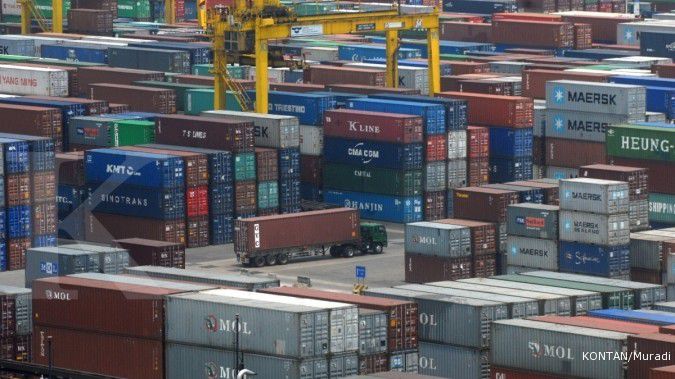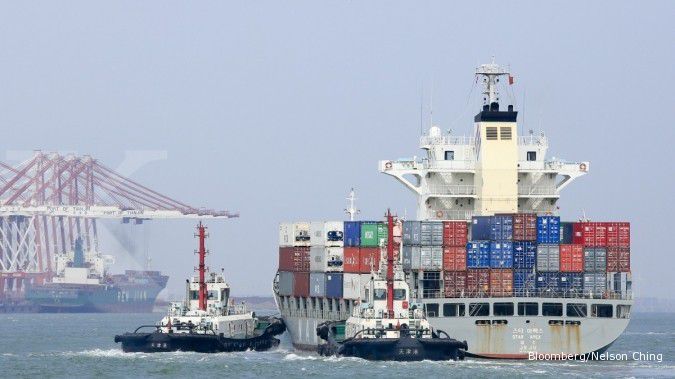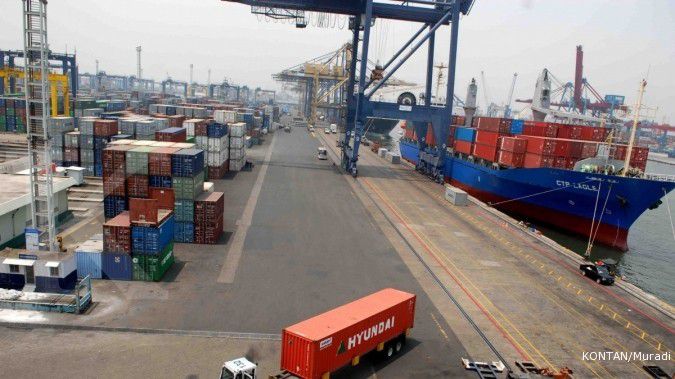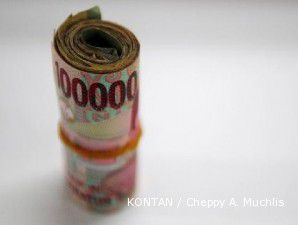JAKARTA. Reversing the slower growth forecast for 2014 will require more focused policy responses, says the World Bank’s (WB) latest Indonesia Economic Quarterly report.
Further structural reforms are needed to support export performance and encourage long-term faster growth in Indonesia, the report says.
“With lower export demand and lower commodity prices, as well as market volatility and tighter external financing conditions, Indonesia has navigated a difficult year well. Prudent monetary policy helped the economy adjust to continuing pressures,” WB country director for Indonesia Rodrigo Chaves said in an official release on Monday.
“The economy would benefit from […] longer-term investment [...] Monetary policy cannot be the main policy response.”
The WB projects Indonesia’s gross domestic products (GDP) growth to slow to 5.3 percent in 2014, from 5.6 percent in 2013. Most of the slowdown has been driven by the softening of investment spending – growing by only 4.5 percent in the third quarter - reflecting mainly reductions in machinery and equipment investment.
Risks around the base line outlook remain high and are skewed toward slower growth.
The eventual phasing out of the US Federal Reserve’s asset purchase program,“tapering”, continues to add to uncertainty, keeping global markets volatile and Indonesia’s external financing conditions tight.
Private consumption growth—although notably resilient to date—may come under pressure. The fiscal outlook, burdened by fuel subsidy spending, remains vulnerable.
The current account deficit is projected to narrow from US$31 billion or equal to 3.5 percent of GDP in 2013 to $23 billion in 2014 or equal to 2.6 percent of GDP due to slower import growth and a mild pick up of export demand. (The Jakarta Post)
/2011/11/22/1183629121.jpg)
